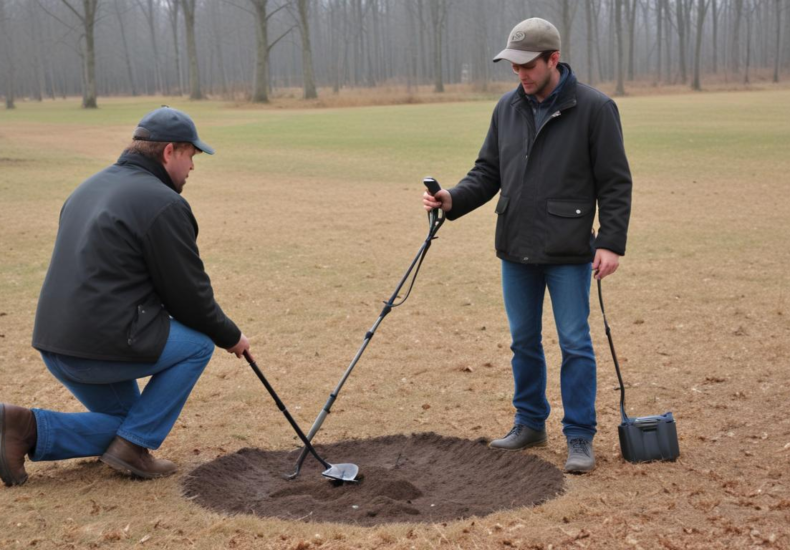Day: May 8, 2025

How to conduct a grid search for efficient detecting
Grid search unfolds as an indispensable method in honing machine learning models by meticulous parameter tuning across an expansive combination spectrum. This technique not only pinpoints optimal settings through a structured navigational pattern, enhancing model accuracy and efficiency, but balances computational demand by integrating advanced techniques such as multi-level grids and parallel processing. The strategic design of parameter grids, underpinned by domain expertise and empirical evidence, is critical in optimizing both the process and outcomes of model performance. Decoding the complexity of grid search reveals its core role in refining algorithms, promising a profound impact on predictive accuracy and operational efficiency.
How metal detector usage differs across the world
Across the globe, metal detector usage varies dramatically due to diverse legal, cultural, and historical contexts. In regions like Europe, strict regulations protect archaeological sites, while the U.S. displays a more liberal stance, allowing more freedom on non-federal lands. This global patchwork of laws affects both amateur enthusiasts and professionals, illustrating a complex landscape where metal detecting acts as both a tool for historical discovery and a subject of stringent oversight.

Should you report your major metal detecting finds?
Metal detecting enthusiasts often encounter historical artifacts that, while exciting, carry significant legal and ethical implications. Understanding the legalities of these discoveries is crucial, ranging from strict regulations such as the Archaeological Resources Protection Act to varied state laws that dictate reporting requirements. Moreover, the ethical aspects of reporting finds highlight the broader responsibilities to historical preservation and cultural heritage. Engaging in responsible practices ensures these artifacts can contribute to our collective understanding of human history, offering more than just a treasure hunt thrill but a chance to enrich historical narratives and respect the cultures they represent.

Metal detecting etiquette: being respectful in public spaces
Metal detecting combines the excitement of treasure hunting with outdoor exploration, yet it demands more than just technical skill with a detector. An enthusiast’s success hinges on understanding both public etiquette and local regulations, which govern the permissible locations and times for detecting, as well as the appropriate tools to be used. To truly enjoy and sustain this hobby, a deep appreciation for ethical practices and environmental respect is essential, ensuring that the pursuit of hidden treasures respects both the landscape and the law.

Tips for using headphones with a metal detector
Choosing the perfect headphones for metal detecting isn’t just about comfort; it’s crucial for the effectiveness of your treasure hunting. Metal detecting headphones offer specific advantages, enhancing sound clarity essential for identifying different metals and providing noise isolation that keeps you focused in various environments. From over-ear models that keep you warm in the cold to waterproof designs for wet conditions, selecting the right pair improves battery efficiency and enhances the overall joy and productivity of your explorations. Discover how choosing the right headphones can transform your metal detecting experience, allowing for deeper immersion and increased finds.